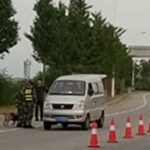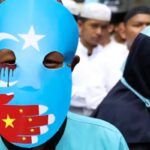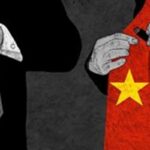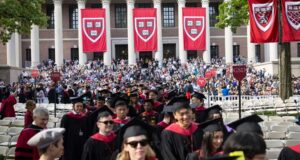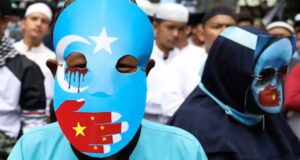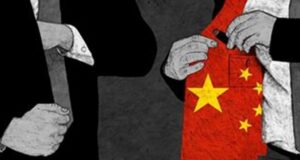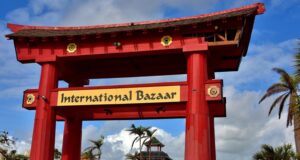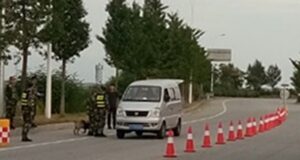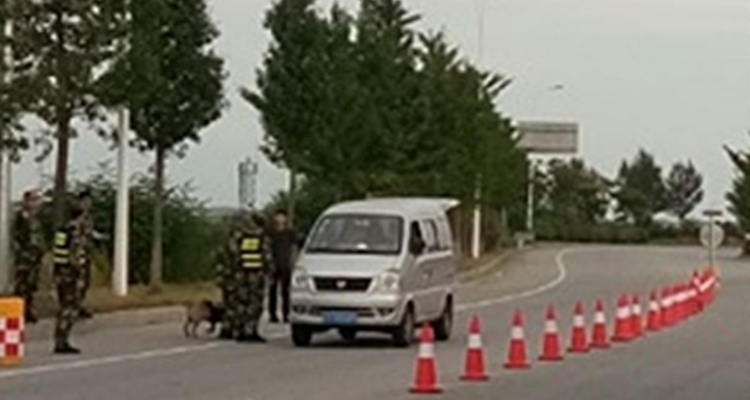
That he saw himself as having “no choice” is speculative, not based on a report of the cabbie’s excuse-making; he is not quoted in the article.
It’s what his rationalization might be if the reporter, Lee Chae Eun, has the right idea about why Chinese taxi drivers often betray their passengers when the passengers are wanted by the state (“Released but betrayed: N. Korean defectors’ escape thwarted by driver informants,” Daily NK, May 21, 2025).
“Some drivers report defectors to avoid potential punishment themselves. With border crossings becoming increasingly difficult, defectors face a high risk of eventual capture. If caught, drivers involved in these operations could face serious consequences, so they preemptively report the defectors to protect themselves.”
The cabbies don’t want to get in trouble for giving somebody a ride.
But who forces these drivers to pick up the risky—and no doubt extra-expensive—fares to begin with if they are unwilling to accept the risk? That’s where the other motive comes in. Cabbies have to eat like anybody else.
They have to eat and they have to stay out of jail. Being a scumbag is the only way to do both, they perhaps tell themselves.
Double dipping
“These drivers are essentially ‘double dipping’—collecting payment from the defectors for transportation while also receiving rewards from Chinese authorities for reporting them,” observes Lee Chae Eun.
Her source told her about two North Korean defectors “who were arrested by Chinese police in February while attempting to reach South Korea [and who] have recently been released. The defectors were caught due to a tip from their Chinese driver, a scenario that has become increasingly common….
“They were arrested after the Chinese driver who was transporting them, and who made money moving defectors throughout the country, reported them to authorities.”
We learn that these two defectors were released, late last month. But not what being released exactly means here, whether they were now “free” only to go back to North Korea.
